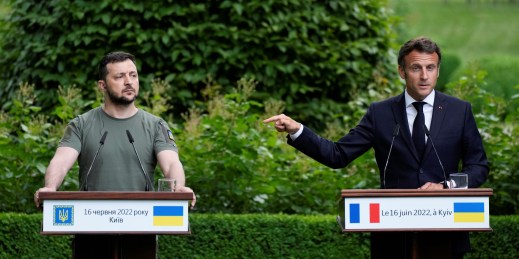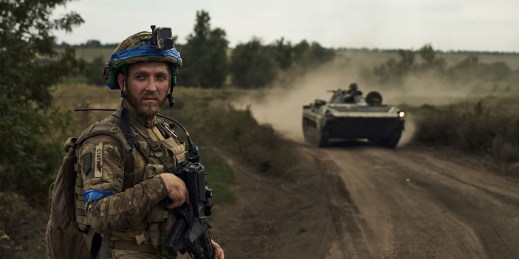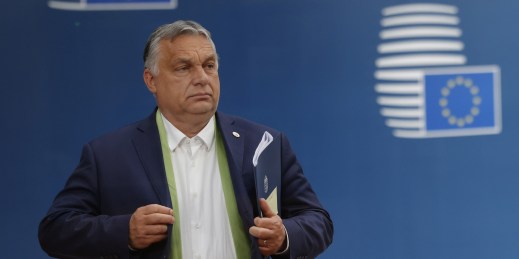War in Ukraine Archive
Free Newsletter
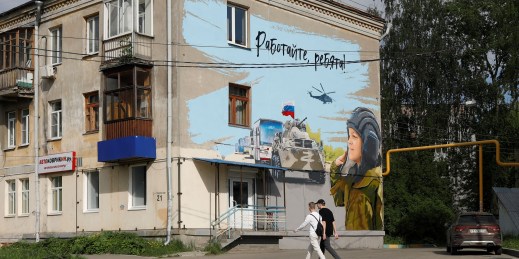
Censorship of local Russian media, combined with diminished access for foreign reporters, has narrowed our understanding of the war in Ukraine’s impact on Russian communities outside big cities. Yet even with these limits, there are significant signals that undermine the image of invincibility the Putin regime works so hard to project.
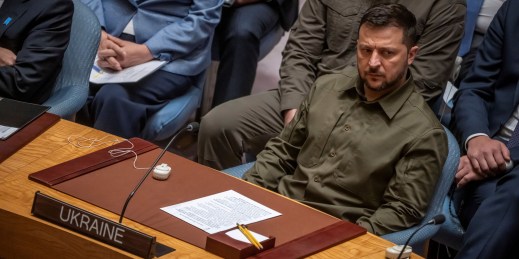
When the U.N. convenes Friday to mark the second anniversary of Russia’s invasion of Ukraine, the events may feel a little low-key. One reason is that many U.N. members want to focus on other issues. The second is that the West’s failure to support a cease-fire in the Israel-Hamas war has alienated a lot of non-Western representatives.
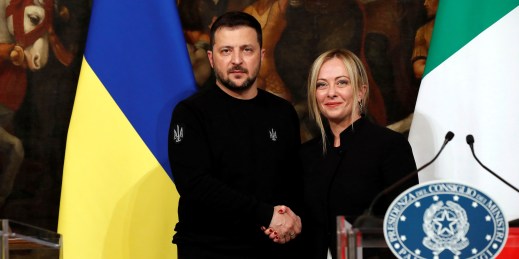
The latest European Union leaders meeting was the perfect illustration of how the far-right parties that are gaining popularity across the continent may converge in their positions on most domestic issues, particularly immigration, but remain sharply divided over the question of supporting Ukraine amid its war with Russia.
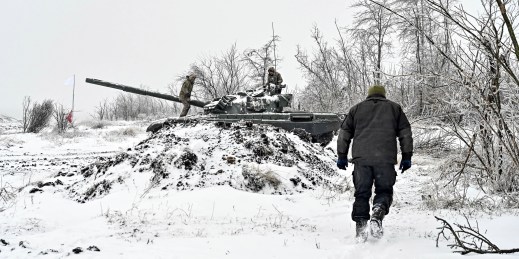
Nearly two years into Ukraine’s war with Russia, President Volodymyr Zelenskyy made a major change last week, replacing the commander of the Ukrainian military. While we do not know the exact reason for the change, it is also unsurprising—without a clear path to military victory, a rethink of Ukraine’s strategy is necessary.
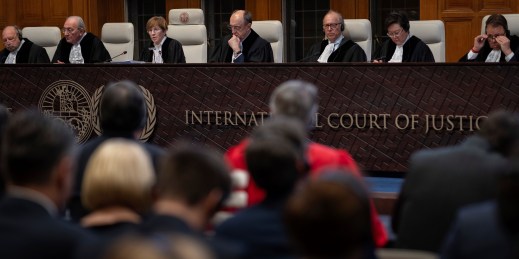
The International Court of Justice last week agreed to take up the question of whether Ukraine was committing genocide in the war against Russia. The ruling may have surprised some observers, but Ukraine actually asked the ICJ to rule on its own conduct in order to decisively repudiate Russia’s justification for invading.

